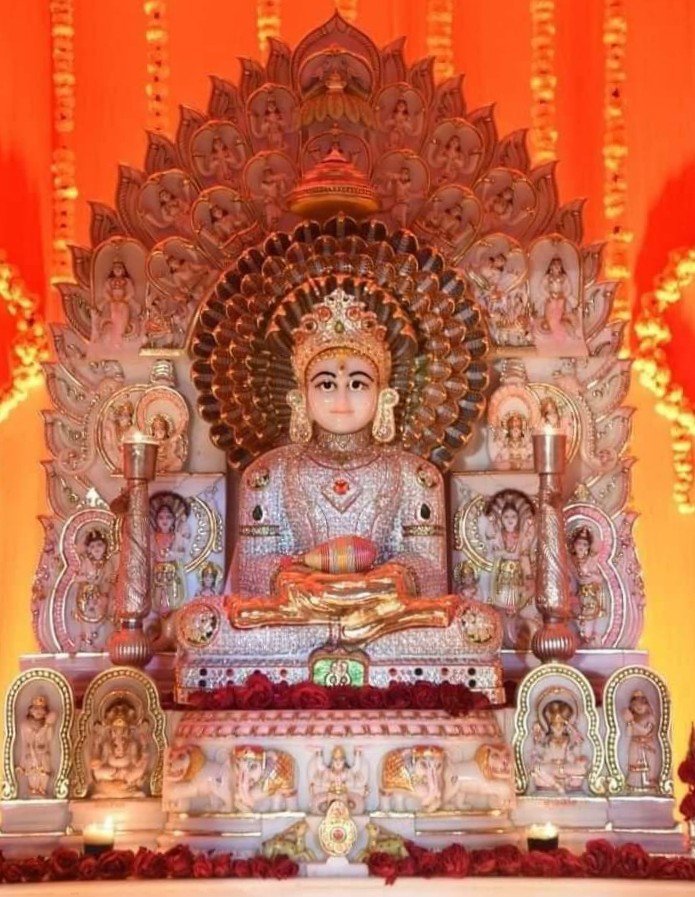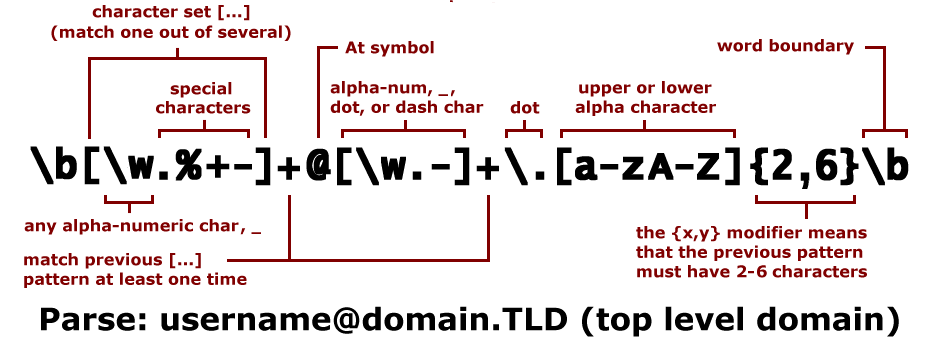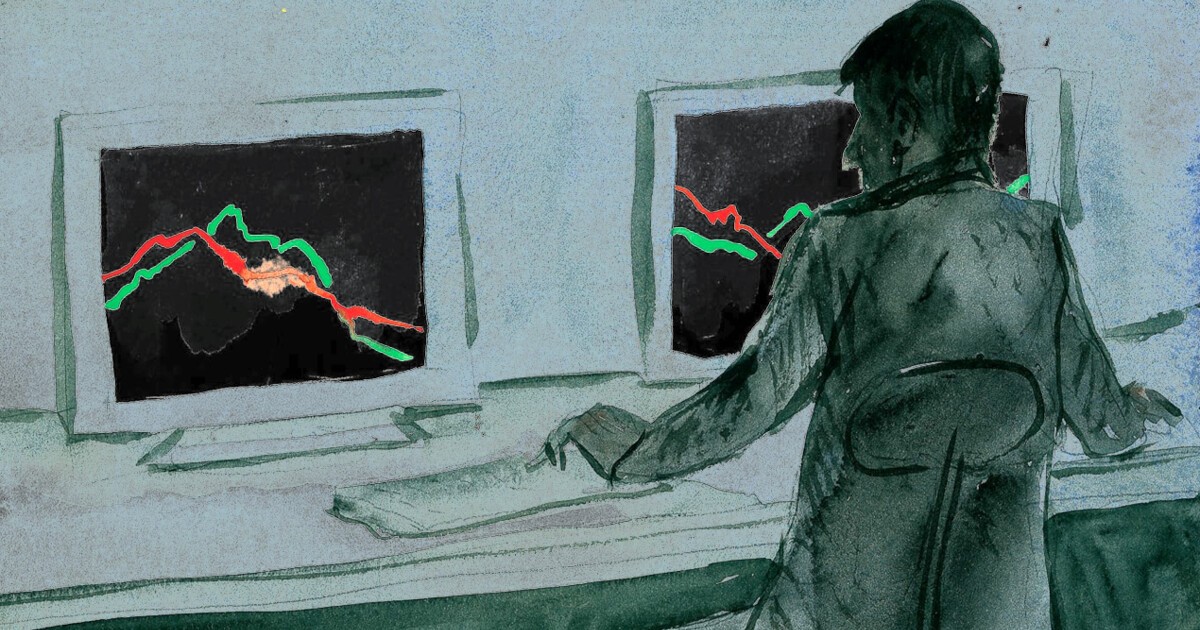
History of vegetarianism
The earliest records of vegetarianism as a concept and practice amongst a significant number of people are from ancient India, especially among the Hindus[ 1] and Jains.[ 2] Later records indicate that small groups within the ancient Greek civilizations in southern Italy and Greece also adopted some dietary habits similar to vegetarianism.[ 3] In both instances, the diet was closely connected with the idea of nonviolence toward animals (called ahimsa in India), and was promoted by religious groups and philosophers.[ 4]
Following the Christianization of the Roman Empire in late antiquity (4th–6th centuries), vegetarianism nearly disappeared from Europe.[ 5] Several orders of monks in medieval Europe restricted or banned the consumption of meat for ascetic reasons but none of them abstained from the consumption of fish; these monks were not vegetarians but some were pescetarians.[ 6] Vegetarianism was to reemerge somewhat in Europe during the Renaissance[ 7] and became a more widespread practice during the 19th and 20th centuries. The figures for the percentage of the Western world which is vegetarian varies between 0.5% and 4% per Mintel data in September 2006.[ 8]
Vegetarianism in ancient India Throughout the whole country the people do not kill any living creature, nor drink intoxicating liquor, nor eat onions or garlic. The only exception is that of the Chandalas. That is the name for those who are (held to be) wicked men, and live apart from others. ... In that country they do not keep pigs and fowls, and do not sell live cattle; in the markets there are no butchers’ shops and no dealers in intoxicating drink. In buying and selling commodities they use cowries. Only the Chandalas are fishermen and hunters, and sell flesh meat.























